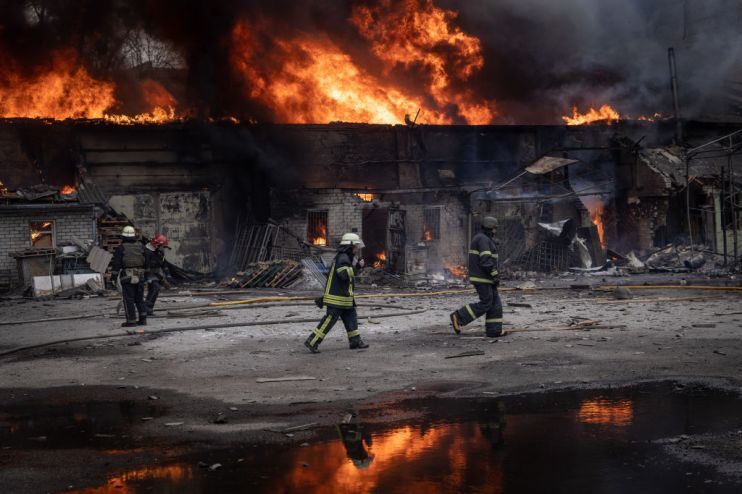Law firms face moral dilemma over Russia exit as Ukraine crisis reveals widening split

Following Vladimir Putin’s decision to send Russian troops into Ukraine on 24 February 2022, major companies from across the globe began cutting their links to Russia.
As multinationals from across Western world, including McDonald’s and Coca Cola, piled out of Russia, a number of high-profile law firms also sought to distance themselves from the country, by closing offices and dropping Russian clients.
However, the law firm exodus revealed a widening split in the legal sector, between those willing to work with Russia, and those that have genuinely sought to cut ties.
The split comes as law firms face mounting scrutiny over the role they have played in enabling Russian oligarchs, by silencing critics using libel lawsuits and helping them move their money offshore.
While London law Mishcon de Reya, which in the past offered a Russia VIP Service to high-net-worth individuals (HNWIs), said it would not drop Russian clients, firms including Freshfields have taken far-reaching efforts to cut all ties.
Others, such as Clifford Chance and Eversheds, have simply spun off their Russian businesses into separate local firms. Legal giants DLA Piper and Baker McKenzie are currently following suit in separating out their local businesses.
Meanwhile, major London firms including Slaughter and May, claim they had few Russian clients in the first place, due to long standing policies outlining which sorts of clients they are willing to work with.
The discrepancies raise questions as to what duty law firms have, to not only abide by the sanctions, but to also act within the spirit of wider efforts to marginalise the Kremlin in a bid to halt the war in Ukraine.
A UK government spokesperson said to City A.M. that while companies are free to choose who they work for, “Putin’s unprovoked invasion of Ukraine must be a wake-up call for British businesses with commercial interests in Russia.”
The government spokesperson argued that “businesses should think carefully about their actions on this matter,” as they said the UK government continues “to welcome organisations and governments joining the whole international community in isolating Russia, both diplomatically and financially.”
As of yet, the Law Society has refused to take a firm stance either way. Instead, the body the represents lawyers in England and Wales has said the only duty law firms only have is to ensure they follow the law.
Speaking to City A.M. a Law Society spokesperson said: “Like all UK businesses, law firms have to comply with sanctions and anti-money laundering regulations whatever their structure or relationships may be.”
The comments come after the law society stated its support for those law firms working on behalf of oligarchs to challenge the UK’s sanctions regime.
More recently, the UK banned professional services companies – including accountants and PR firms – from working with Russia. Notably, law firms were excluded from the ban.
The ban sits within the context of mounting scrutiny over the role law firms have played in facilitating Russia’s kleptocracy, by helping oligarchs silence their critics and move their money offshore.
Now, as it seems Russia’s “special operation” may carry on for years, law firms must ask themselves where they stand and on whose behalf they are willing to work.